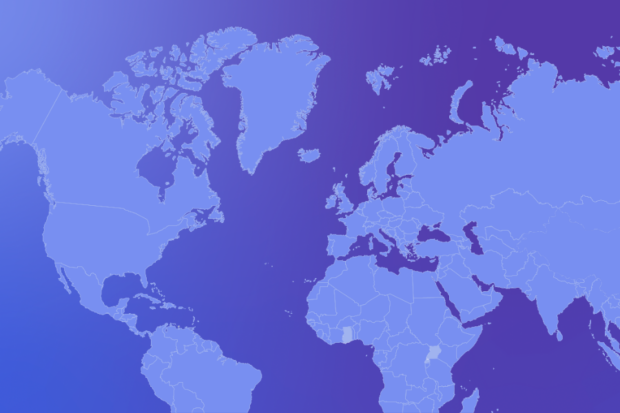Good data exchange can confer an array of benefits, from improving the operational efficiency of governments and driving economic growth, to enabling access to essential services for people and building trust.
The factors that make up good data exchange are relatively well established and include effective laws and regulations, technology architecture, and accountability and oversight mechanisms. Far less research has been conducted on how these factors function in the real world as governments navigate their unique contexts to build, implement, and ensure buy-in and usage of their national data exchange efforts.
We know that there is no one-size-fits-all approach to national data exchange systems. Each country’s progression and timeline are unique, and the process is seldom linear. Their trajectory is greatly influenced by the motivating drivers for establishing national data exchange systems and the methods by which they go about doing so.
The Digital Impact Alliance conducted research into these unique drivers and considerations to inform a greater understanding of how integrated national data exchange systems are being developed, and the ensuing implications for governments, the private sector, and people.
Governments globally are seeking to implement their own national data exchange systems. Here's what they can learn from Ghana's experience.
As part of this research, we’ve documented Ghana’s approach to national data exchange, analyzing its digitization efforts. While the country hosts a vibrant technology sector and innovation economy, historically, data exchange efforts have been largely decentralized. However, in recent years, the government has sought to better integrate and share data across ministries, departments, and agencies. By analyzing Ghana’s first data exchange hub attempt, eGIF, along with the newer government payment portal, Ghana.gov, we’ve gathered key insights into the country’s approach:
- Building trust and aligning incentives across government stakeholders is critical to ensuring buy-in and adoption of national data exchange practices.
- Exploring long-term financial viability and opportunities to ensure sustainability of data exchange efforts is essential.
- Thinking beyond a single presented use case can provide an opportunity for greater action and impact.
By highlighting both the benefits and challenges of Ghana’s approach, we seek to support governments and development actors as they work to implement and support national data exchange systems.
To learn more about the importance of integrated national data exchange systems for positive digital transformation, take a look at our National Data Exchange Systems Insights Paper.





